Moldova, a small nation of 2.4 million people situated between Ukraine and Romania, faces one of its most consequential elections since independence from the Soviet Union in 1991.
On Sunday, Moldovans cast their votes in a parliamentary election that could determine whether the country deepens its path toward European Union membership or pivots back toward Russia’s sphere of influence.
The stakes are especially high given Moldova’s recent EU candidate status and the heightened geopolitical tensions since Russia’s invasion of Ukraine in 2022.
President Maia Sandu, leader of the pro-European Party of Action and Solidarity (PAS), has called the vote Moldova’s “most consequential election,” warning that its outcome will decide whether the nation consolidates its democratic gains or risks being dragged “back into a grey zone” under Moscow’s influence, AFP reported.
Foreign interference and disinformation
A central feature of this election has been the alleged interference by Russia. Both the Moldovan government and the European Union accuse Moscow of waging an “unprecedented campaign of disinformation,” using online platforms and artificial intelligence to amplify false narratives.
Prosecutors in Chisinau have conducted hundreds of searches and made dozens of arrests in connection with suspected electoral corruption and destabilisation attempts. Authorities have also banned two pro-Russian parties from running over financial irregularities, a decision sharply criticised by opposition groups.
Moscow, for its part, denies meddling and accuses PAS of suppressing dissent. Former president Igor Dodon, a leading pro-Russian figure, has accused Sandu’s government of ruling “under the EU cover” while violating democratic norms and attempting to “steal the vote”, The New York Times reported.
Domestic challenges: Economy and identity
Beyond geopolitics, Moldovans are grappling with pressing domestic concerns. The country remains one of Europe’s poorest, with sluggish economic growth, high energy prices and widespread poverty. These conditions have fuelled public frustration and scepticism toward the EU integration project, despite its promise of long-term stability and prosperity.
Many pro-Russian voters argue that closer ties with Moscow better protect Moldova’s cultural and social traditions. “We must preserve our identity, our freedom, and our family traditions,” Tudor Soilita, a 33-year-old blogger at a pro-Russian rally told AFP.
Impact Shorts
More ShortsOn the other hand, pro-European Moldovans emphasise the benefits of integration with the EU, including stronger democratic institutions, access to European markets and security guarantees. At a PAS rally, supporters chanted “We want to be in Europe” and carried slogans declaring, “My country is not for sale.”
Role of diaspora and Transnistria
Turnout is expected to be decisive, particularly among two key groups: Moldova’s large diaspora and residents of the breakaway region of Transnistria.
Moldova’s diaspora, which numbers in the hundreds of thousands and is widely dispersed across Europe, tends to favour PAS and the EU integration path. Their votes could tip the balance in favour of Sandu’s party. Conversely, Transnistria—a pro-Russian separatist region supported by Moscow—leans heavily toward pro-Russian candidates.
This divide highlights the broader polarisation within Moldovan society: while one segment looks westward to Brussels, another remains anchored in historic and linguistic ties to Russia.
Parties and political scenario
Twenty-three political competitors are on the ballot, including 15 political parties, four coalitions and four independent candidates. PAS, which won 63 seats in 2021, hopes to secure another majority. If it falls short, the party could attempt to form a coalition with smaller pro-European groups, though analysts warn post-election negotiations could be turbulent.
The main challenge to PAS comes from the pro-Russian Patriotic Electoral Bloc and figures like Dodon. These candidates advocate balancing ties between Brussels and Moscow, with Dodon pledging to “continue discussions with the EU” while also “re-establishing relations with the Russian Federation”.
European and global stakes
For the European Union, Moldova’s election is more than a domestic contest—it represents a critical test of the bloc’s capacity to expand and integrate new members at its eastern frontier. Marta Kos, EU commissioner for enlargement, framed the election as being about “much more than Moldova. It is also about us. It is also about the European Union”.
Analysts argue that Russia’s interference reflects its fear of losing Moldova permanently to the West. “Russia is so active in the election because its leaders understand that Moldova is about to be lost for them pretty much forever,” said Sergiu Panainte of the German Marshall Fund.
At the same time, US influence in the region has diminished. Cuts to foreign assistance and reduced oversight of Russian disinformation campaigns under the Trump administration weakened American engagement in Eastern Europe, leaving Moldova more vulnerable, The New York Times reported.
An uncertain outcome
Despite PAS’s lead in most polls, experts caution that the outcome remains highly uncertain. Igor Botan, director of the Moldovan think tank Adept, stressed that “post-election negotiations to form an alliance are highly likely” and that “things are unclear” even after results are announced.
Should PAS lose its majority, Moldova’s EU ambitions could stall, complicating reforms and leaving the country more exposed to Russian influence. Conversely, a PAS victory would strengthen Chisinau’s case for eventual EU accession but may spark unrest among pro-Russian groups who already allege electoral fraud.
As ballots are counted, Moldova stands at a historic crossroads. Whether it advances toward Europe or retreats into Moscow’s orbit will shape not only its future but also the broader balance of power on the EU’s eastern frontier.


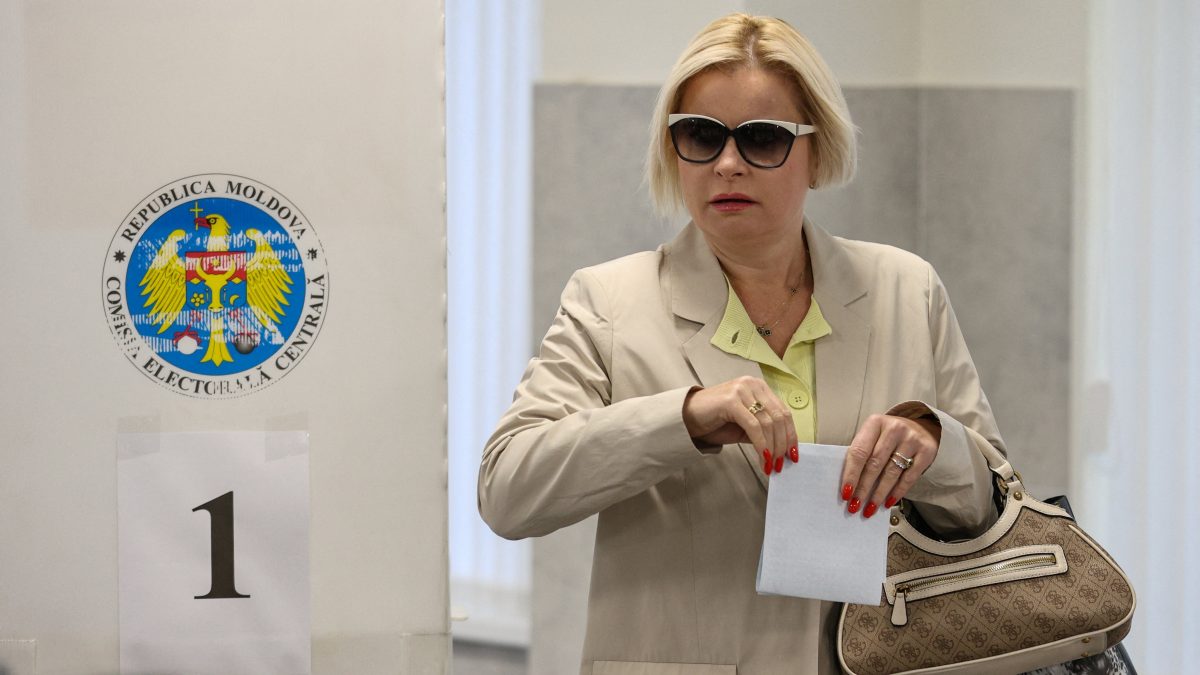)
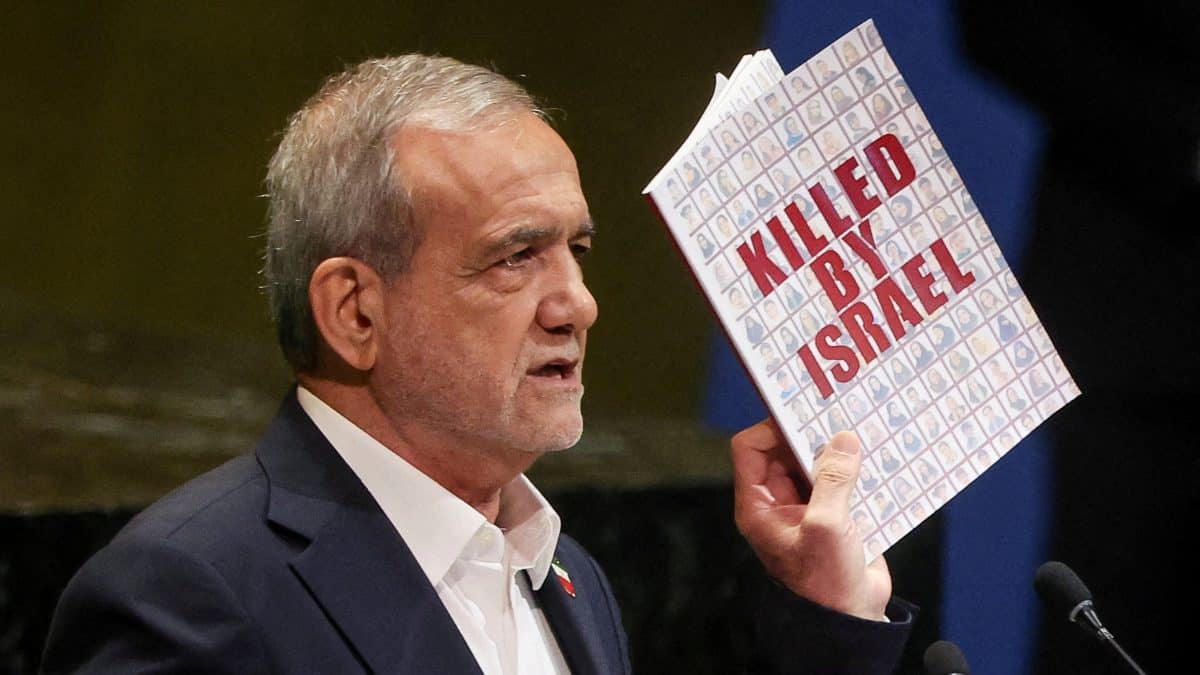
)
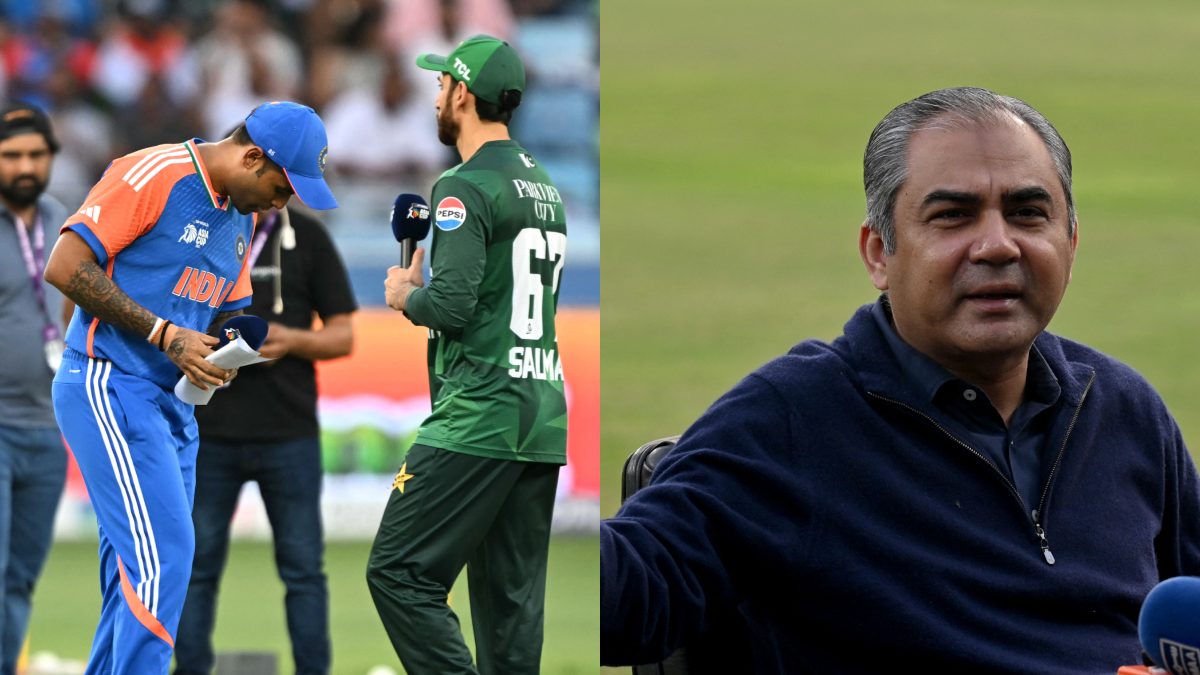)
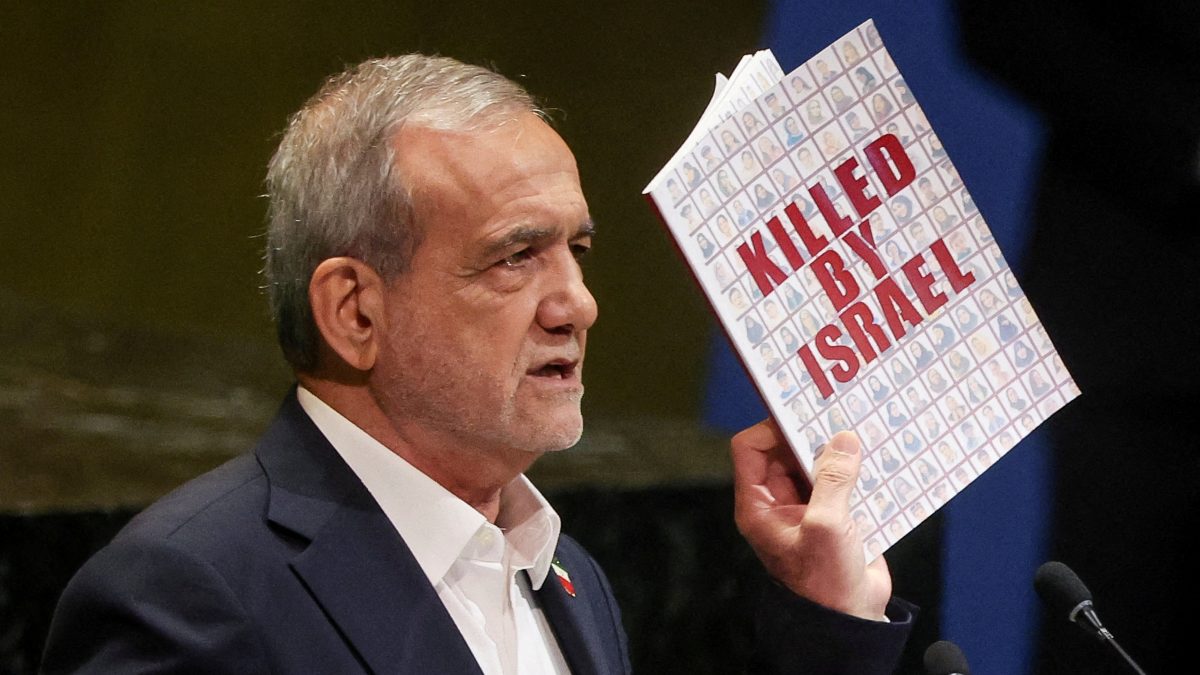)
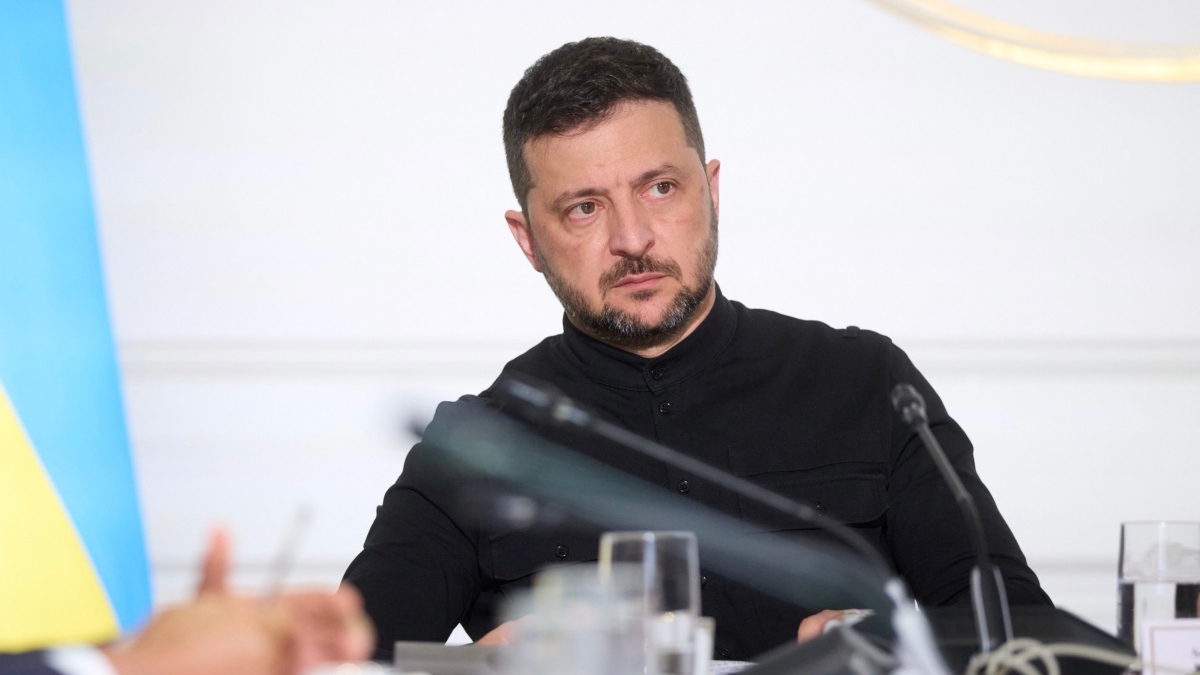)
)
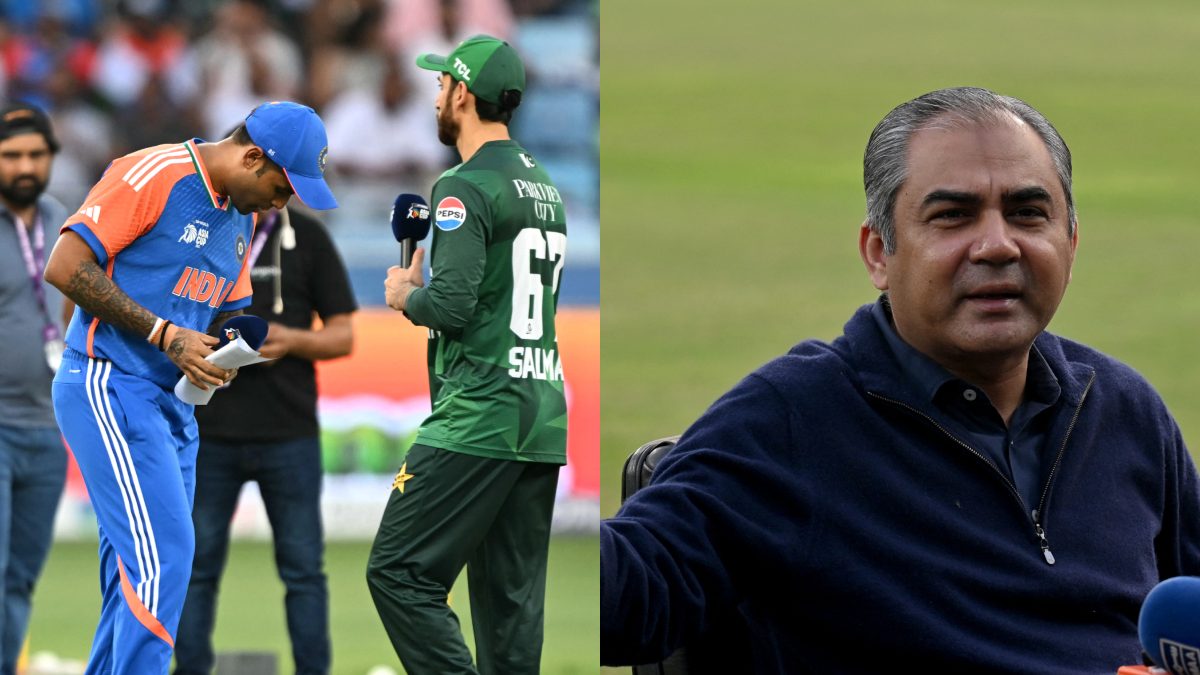)
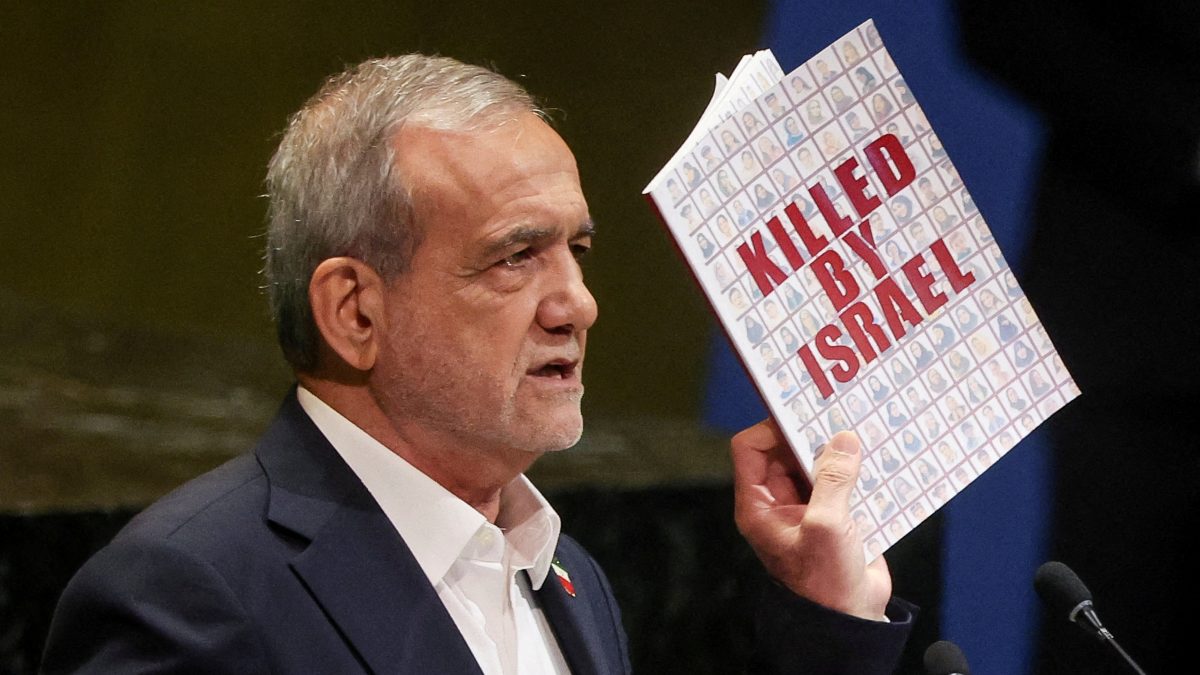)
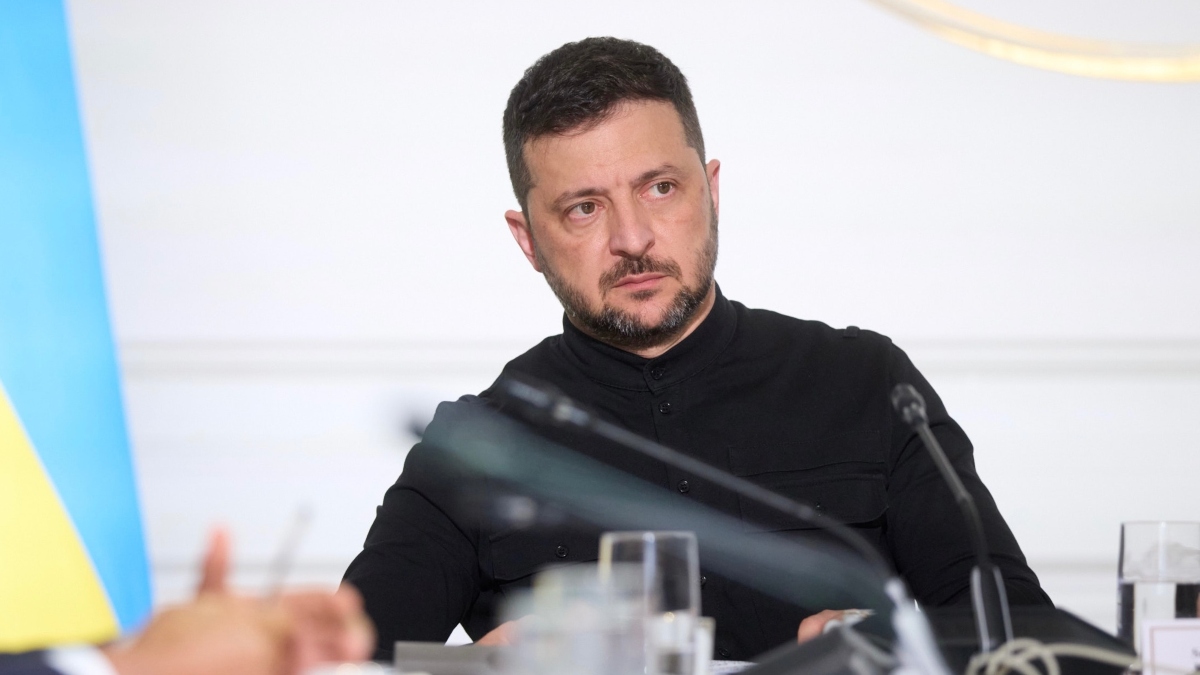)



